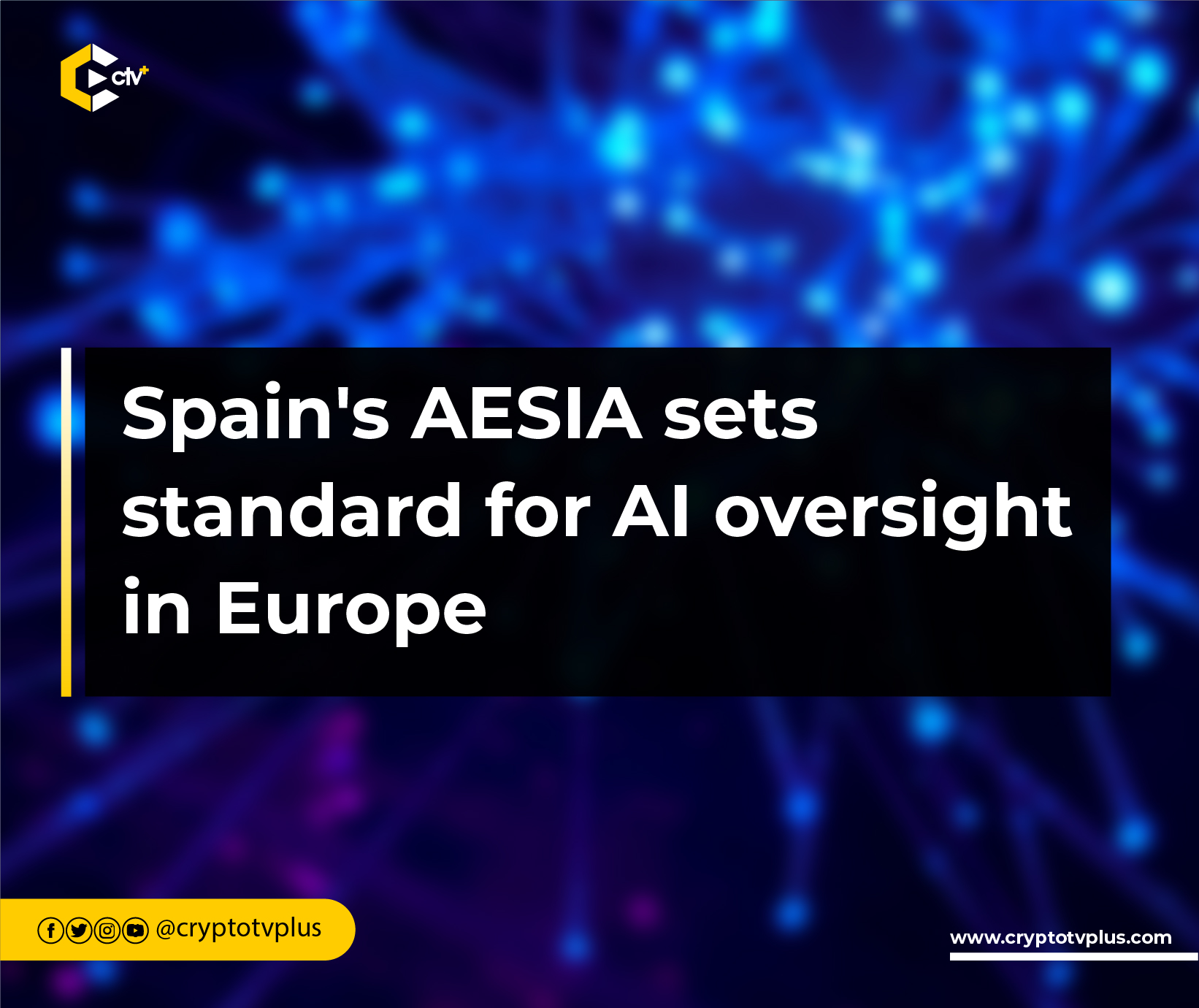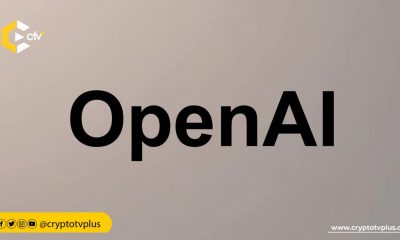News
Spain’s AESIA sets standard for AI oversight in Europe

Spain is delving deeper into the field of artificial intelligence (AI) by introducing the Spanish Agency for the Supervision of Artificial Intelligence (AESIA), marking a pioneering move within the European Union.
By issuing a Royal Decree, Spain has emerged as the inaugural EU country to establish a specialized regulatory body for AI oversight.
Details within the Royal Decree shows that the inception of AESIA aligns with the nation’s Recovery, Transformation, and Resiliency Plan, set in motion in June 2021 to propel the country to the forefront of AI innovation.
According to Spain, the Recovery, Transformation and Resilience Plan offers a “distinctive opportunity to execute the necessary investments and reforms for a profound transformation of the Spanish economy.”
A total of €69 billion is earmarked to be raised to finance the plan which should be completed by 2026.
European AI Act
The Spanish project comes in anticipation of the European Union’s active pursuit of unified standards for AI regulation.
Significantly , the EU parliament recently endorsed the draft legislation titled the “Artificial Intelligence Act,” underscoring the growing recognition of the imperative need for comprehensive AI oversight.
The AI Act, an upcoming European regulation currently being negotiated, will very likely require member states to designate national authorities to monitor compliance.
While most countries have not yet explained how they will do this, Spain has already said that it will create an entity independent from the government, tasked with overseeing both private and public sector algorithms. This has led to the establishment of AESIA.
Regarding AESIA, Spain aims to take the forefront in shaping Artificial Intelligence regulations within Europe.
Carme Artigas, the Spanish government’s secretary of state for digitization, a pivotal figure in these ambitions, expressed, “Our intent is to actively drive significant digital transformations rather than merely observe them,” during an interview.
Amid the expansive influence of AI across diverse sectors, concerns about its impact on the job market have gained prominence.
While some individuals express apprehension about potential job displacement, others foresee AI as a catalyst for workforce reskilling and adaptation.
Read also; Tornado Cash founders accused of money laundering and sanctions
























